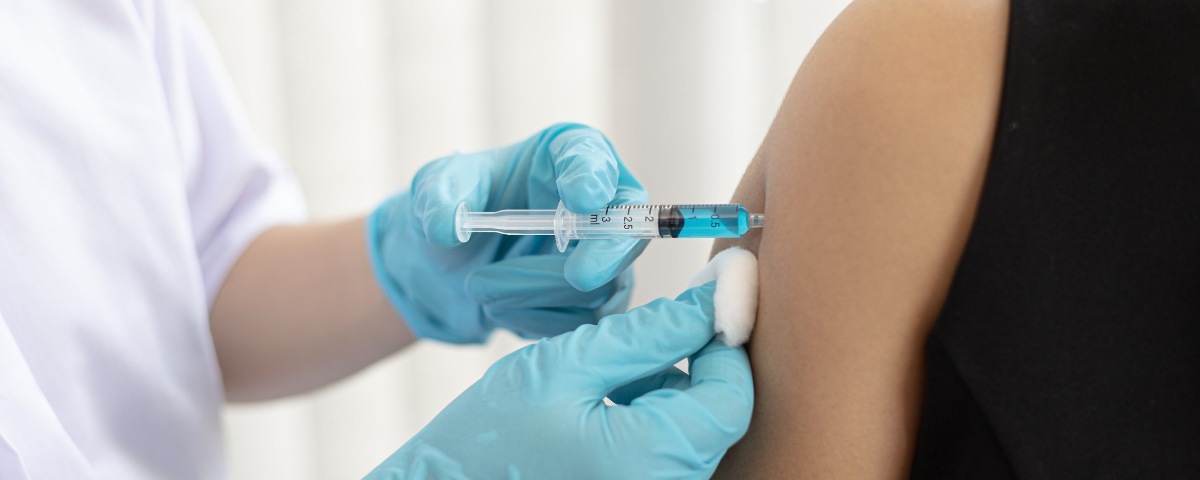Immunization rates in the United States are at an all-time high, with more than 90% of children receiving a vaccine before they turn eighteen. It’s no wonder, then, that many families are terrified of the potential threat posed by diseases like measles and polio. But, as it turns out, many of these diseases are not as dangerous as people think. While millions of people have died of smallpox and other devastating diseases that once plagued humanity, many of the diseases vaccines today protect us against are also old and relatively harmless.
The vaccine is one of the greatest public health triumphs of the 20th Century. In the last century, the world has seen more than 100 million people die of diseases that are easily (and sometimes preventable) prevented with vaccines. Vaccines are important for lots of reasons. For starters, they protect the health of people in your community. Vaccines are an important and useful way to protect the community from disease. These are diseases that can be passed around from one person to another. These are diseases that can be dangerous to people who are not vaccinated because they don’t have any antibodies. What’s more, vaccines can reduce the chance of disease being more severe in a person because they are less likely to spread as much.
How do vaccines work?
Vaccines are made from the same small viruses that infect cows and pigs, and just like these proteins, vaccines can cause problems in the body. When these viruses and bacterias are injected directly into the bloodstream for immunization, they can infect the body and stimulate a response from the immune system to create antibodies that can fight the virus later in life. Sometimes, these vaccines can have side effects and reactions. These vaccines can be stored in cold spaces, probably in medical freezers, and transported within chillers to various places around the world. Most people can just inject them and get on with their day, but some vaccines require other ways of using them.
Vaccines are a very controversial topic. They are something that is not used in the majority of countries in the world, yet they are something that has been a part of medical history for over a hundred years. The concept of vaccination is one of the most important inventions of the last century and one of the most life-changing medical inventions of all time. The benefits of vaccinations are numerous – they save lives and prevent diseases.
The vaccine is used to protect against disease in people who do not have any immunity against that disease. Vaccines work by giving the body the ability to recognize and fight the disease. Vaccines for some diseases – including the flu – are given in a single or series of shots. Additionally, vaccines could also make out immune cells effective against zombie cells. But, what are zombie cells? The damaged cells mostly die due to lack of energy generation and get flushed out; however, some cells may keep functioning and multiplying. These cells are called Zombie cells and may require high immunity to fight against them and get destroyed by immunity cells. A vaccine could be a great method to improve the immunity in your body and reduce the chances of acquiring chronic diseases as well.
Benefits of Vaccines
Vaccines are a type of medication that protects against diseases and infection. They are given to reduce the chances that a person will get sick in the future. Essentially, it increases your immunity. Additionally, many people consume immune support supplements as a way of boosting their immunity. Every year, we vaccinate millions of people around the world to prevent the spread of illness. Some vaccines are given as a series of shots, while some are a single injection.
The benefits of vaccines are nearly endless. It can be hard to convince people to vaccinate their children but vaccinate and protect your child from infectious diseases like measles, mumps, and rubella. In case you have missed any dose of a vaccine, your child might suffer from a disability or any other illness. Sometimes, those children who don’t have guardians and parents often get deprived of vaccinations at an early age. In order to ensure better healthcare for them, governments and organizations often provide NDIS Services to give necessary support to disabled people. Hence, it might be essential to take the required steps for the vaccination of your child. However, when it comes to our health, we quickly turn to the Internet to find answers, especially when we’re looking for information that can help us avoid a serious illness or disease. To go with our questions, we often turn to Google, where we can find lists of common diseases like “ten common diseases” or “101 diseases” or a “vaccine schedule.” But to get to the root of our health questions, we need to first understand exactly what vaccines are and how they work.
Vaccines are one of the most successful public health measures in history. They have saved countless lives and have been proven to be a powerful weapon against the spread of dangerous and sometimes deadly diseases such as measles, whooping cough, and polio. They are also one of the most effective ways to prevent birth defects, and, according to one study, vaccinating a single baby can cut the chance of that child getting autism by up to 89 percent. Vaccines protect you against a wide variety of diseases. They’re especially important for children and other people who won’t be able to get health care anytime soon. That’s why it’s so important for everyone to get vaccinated.
